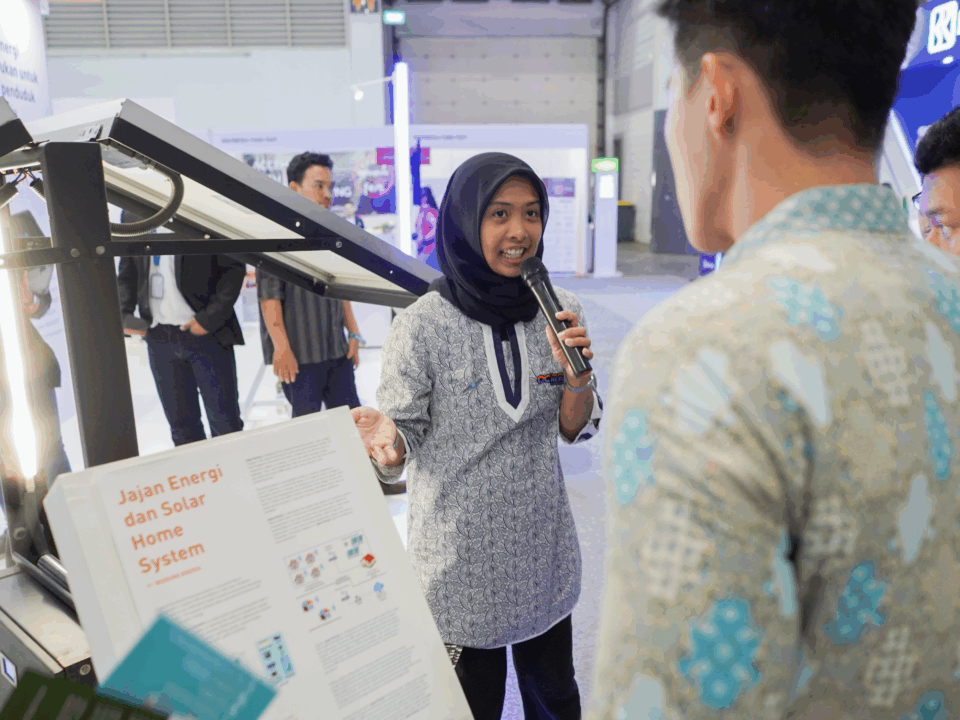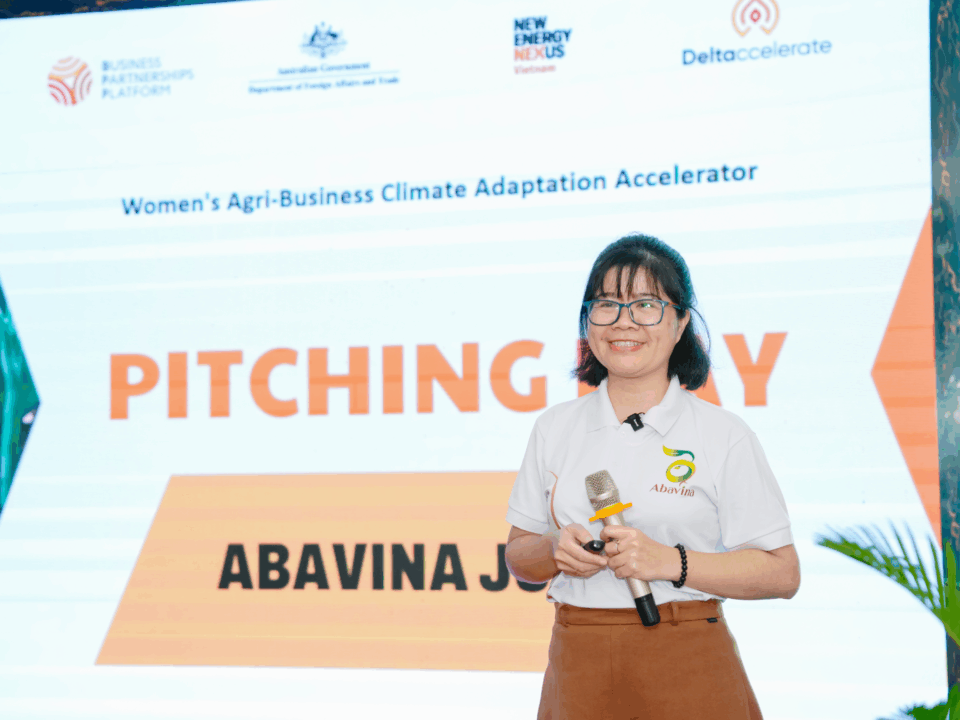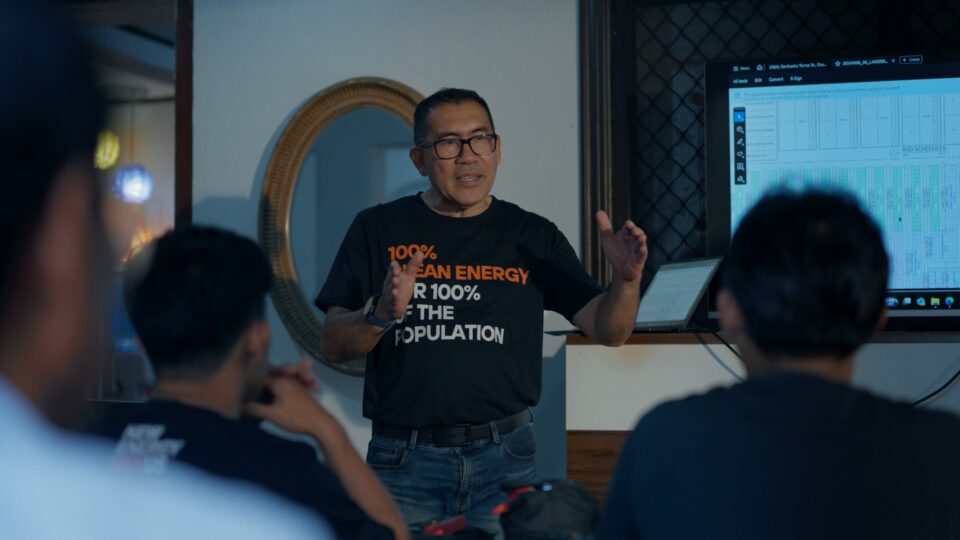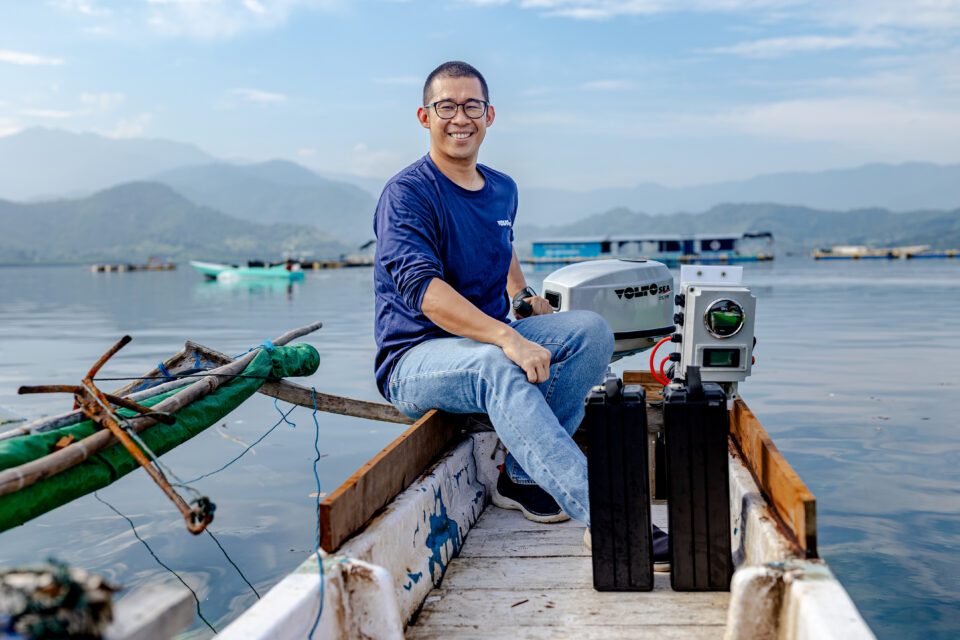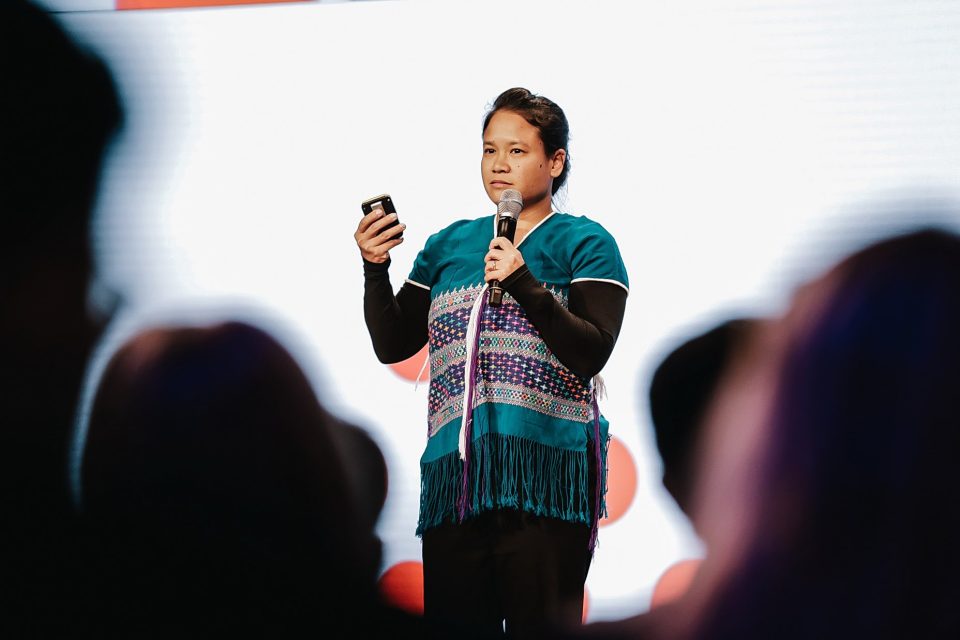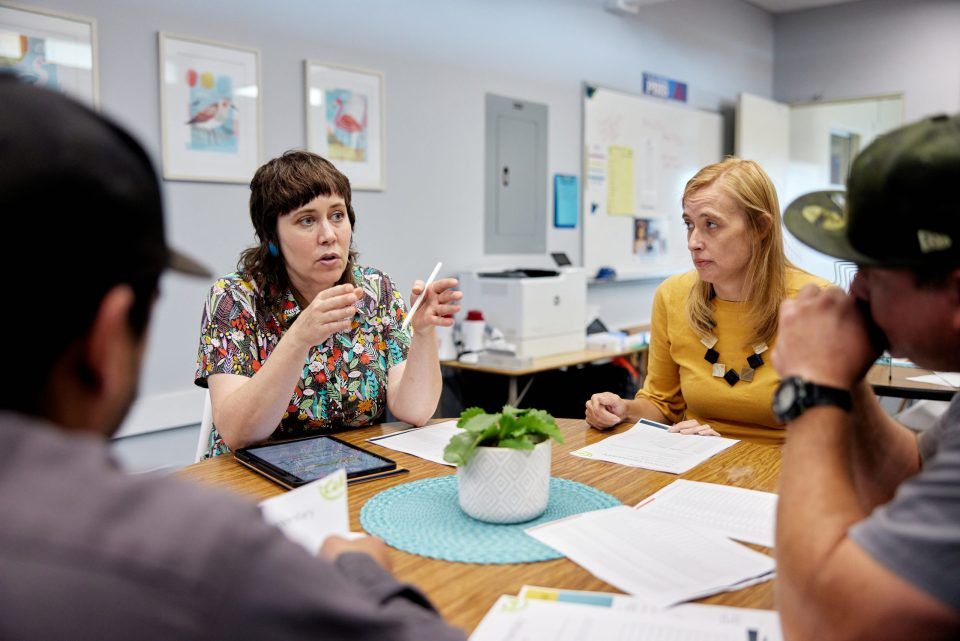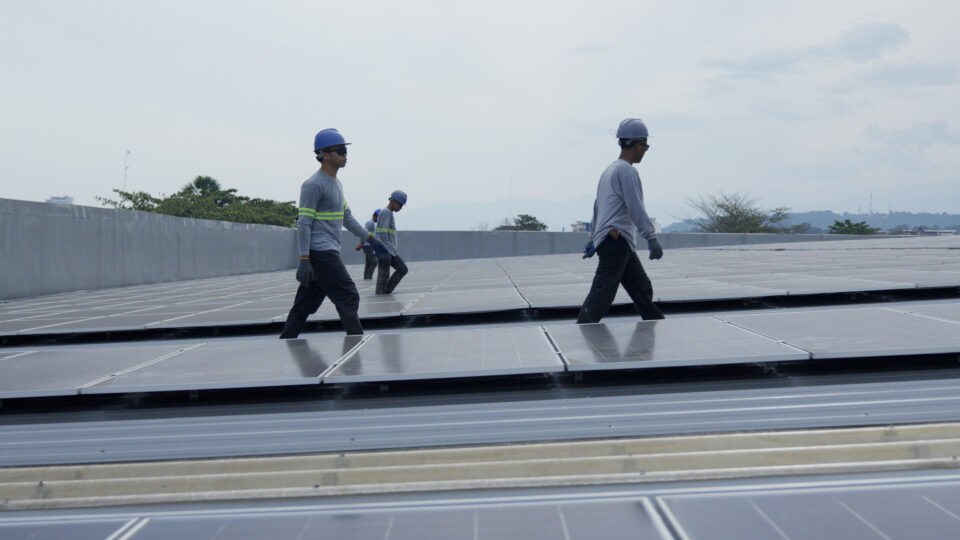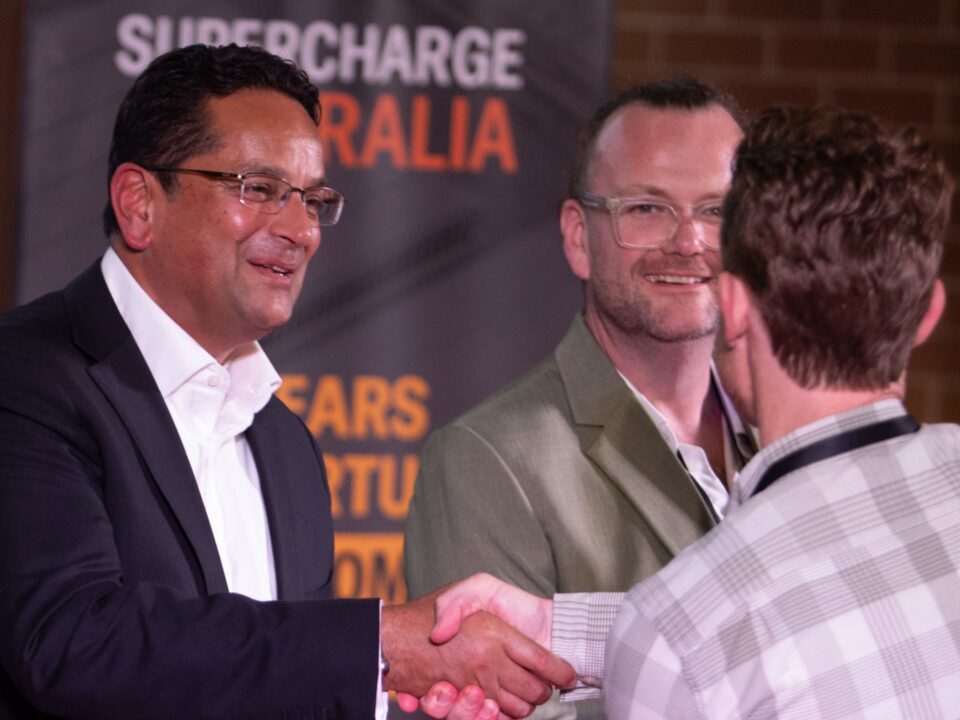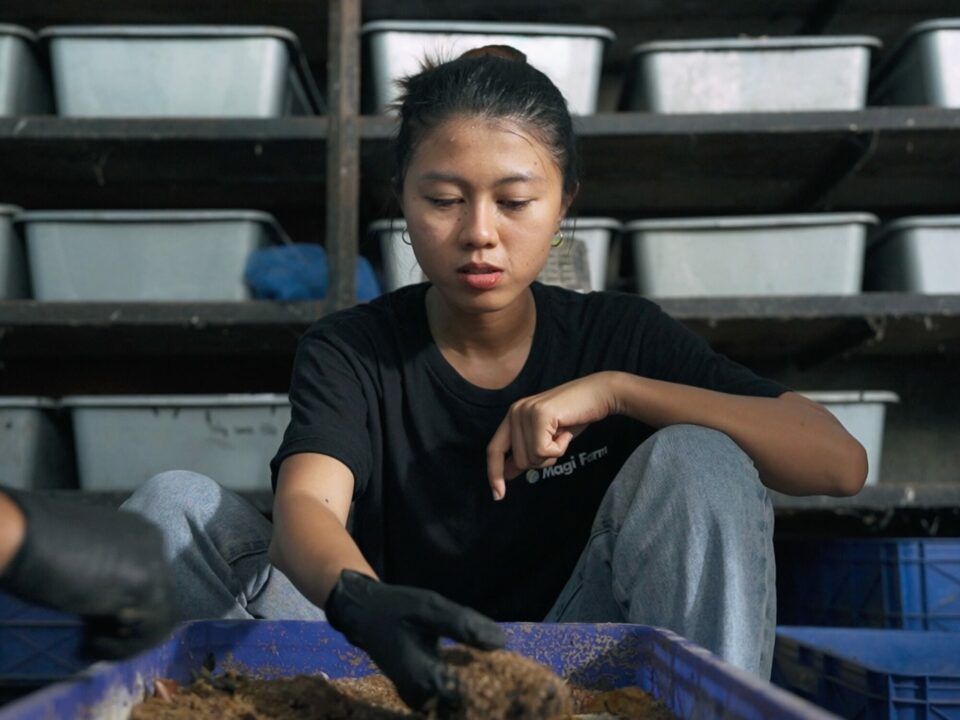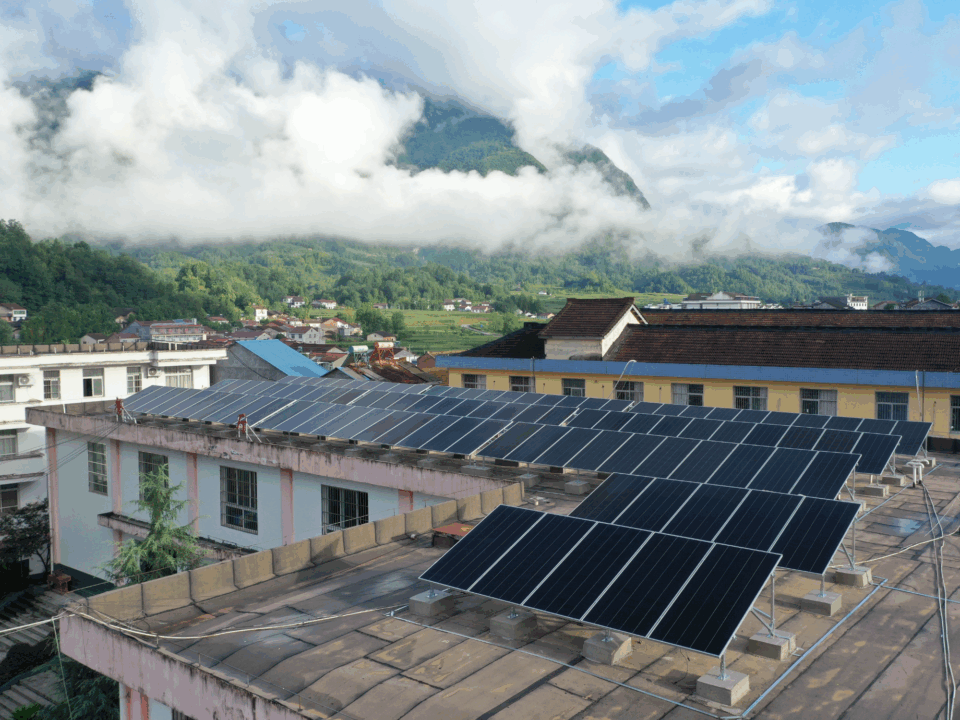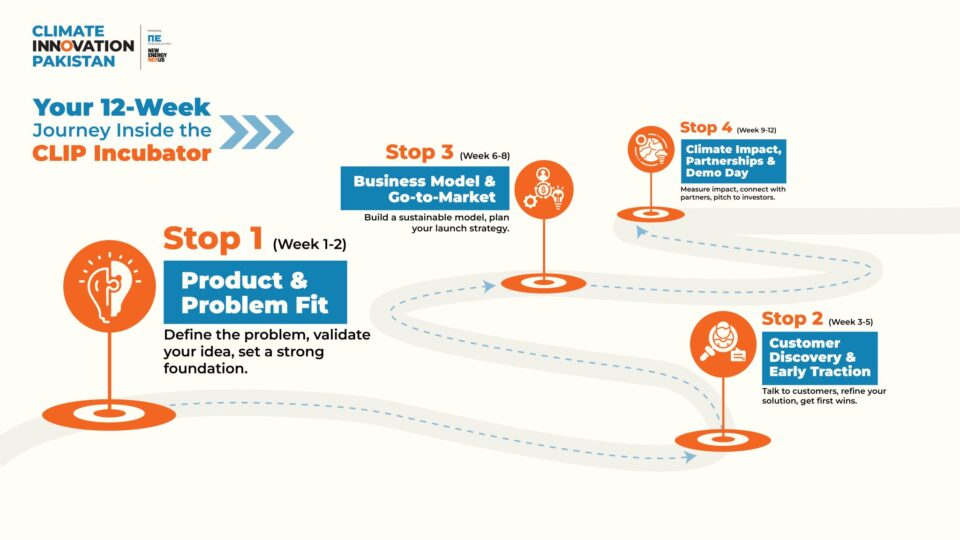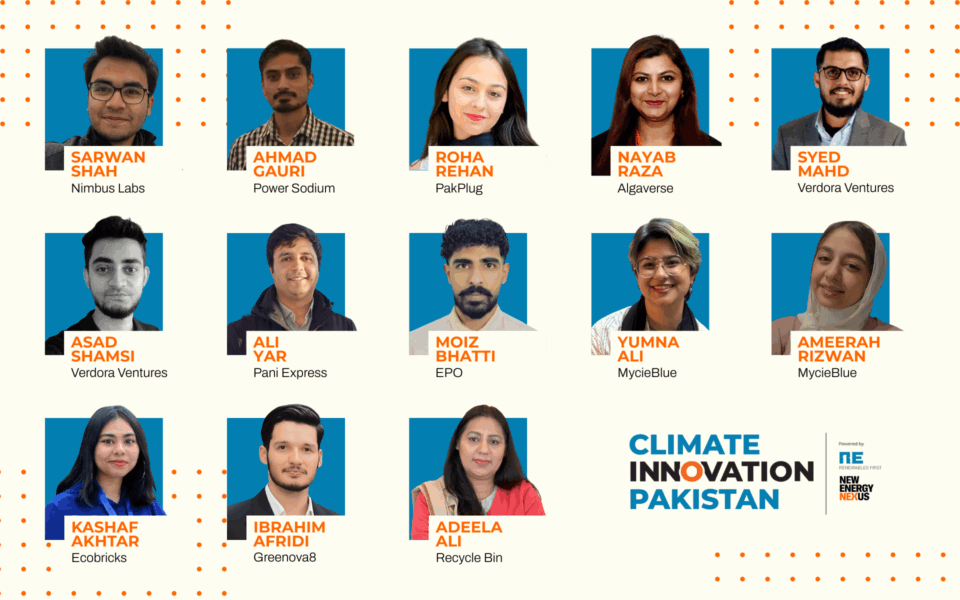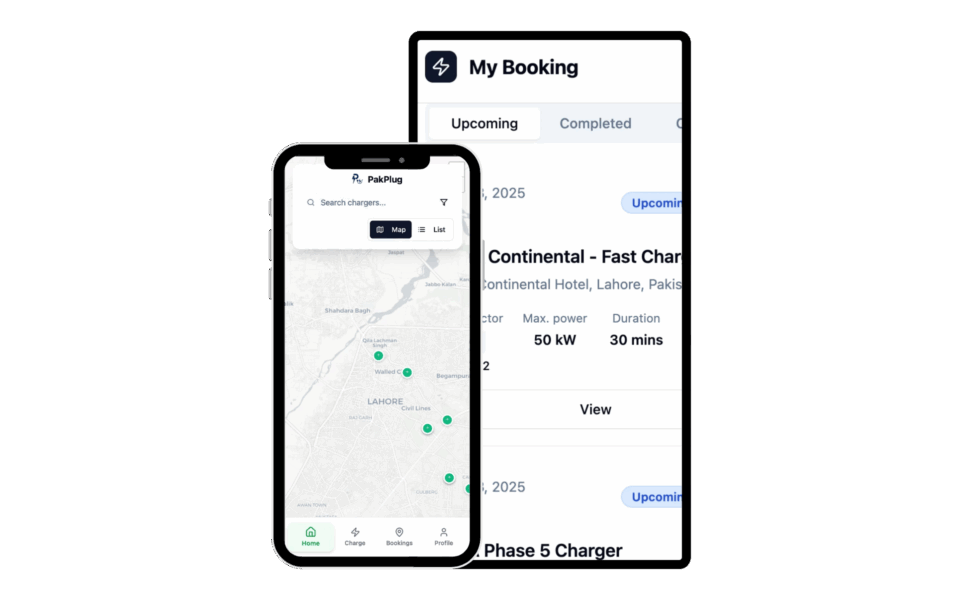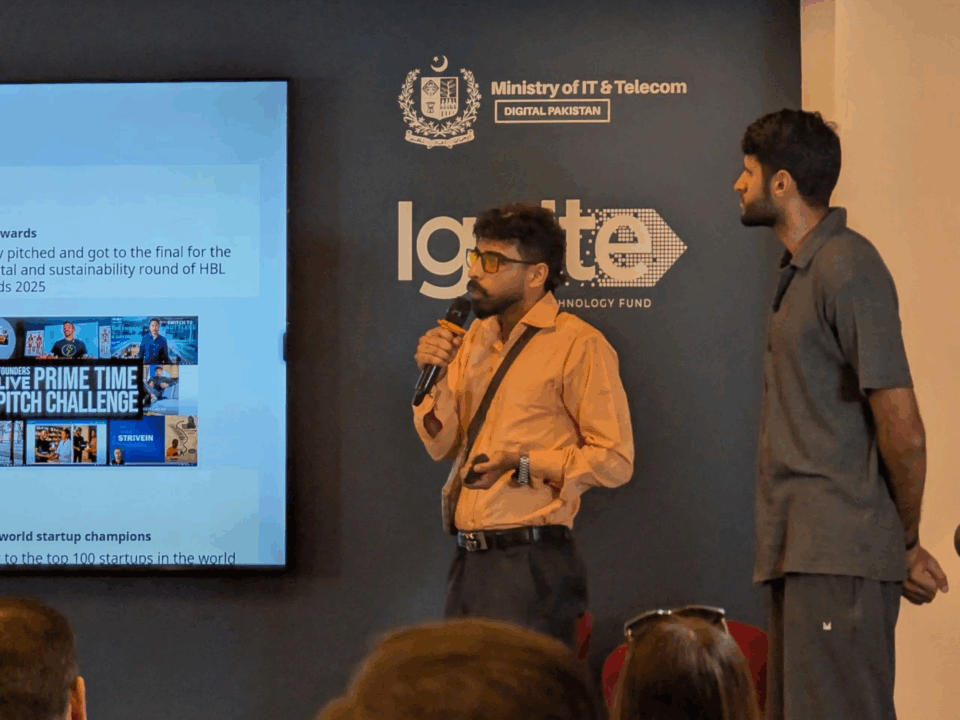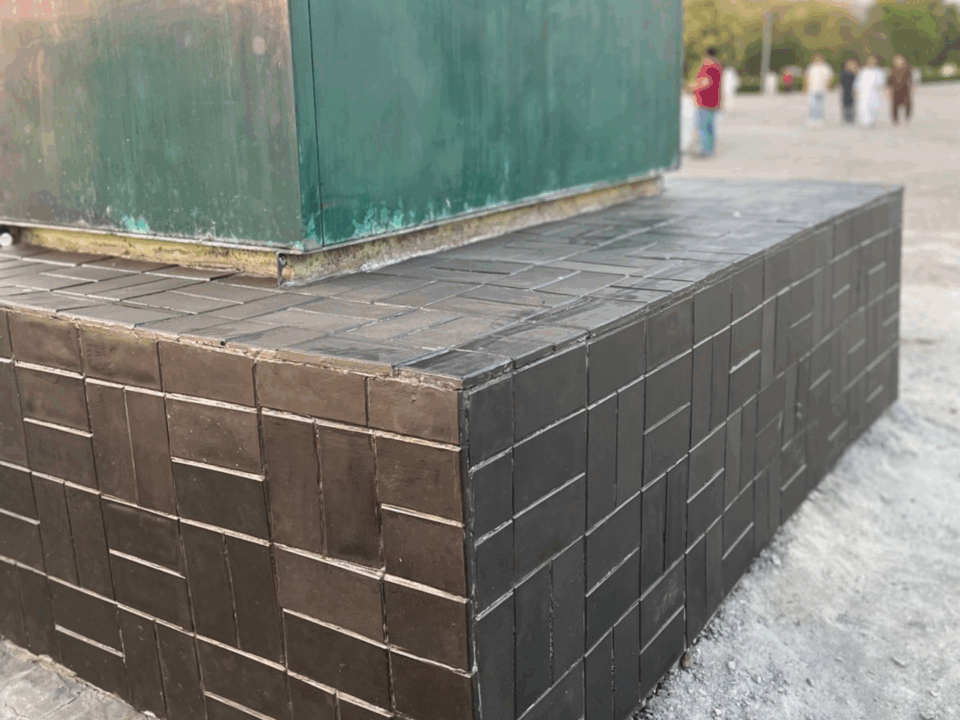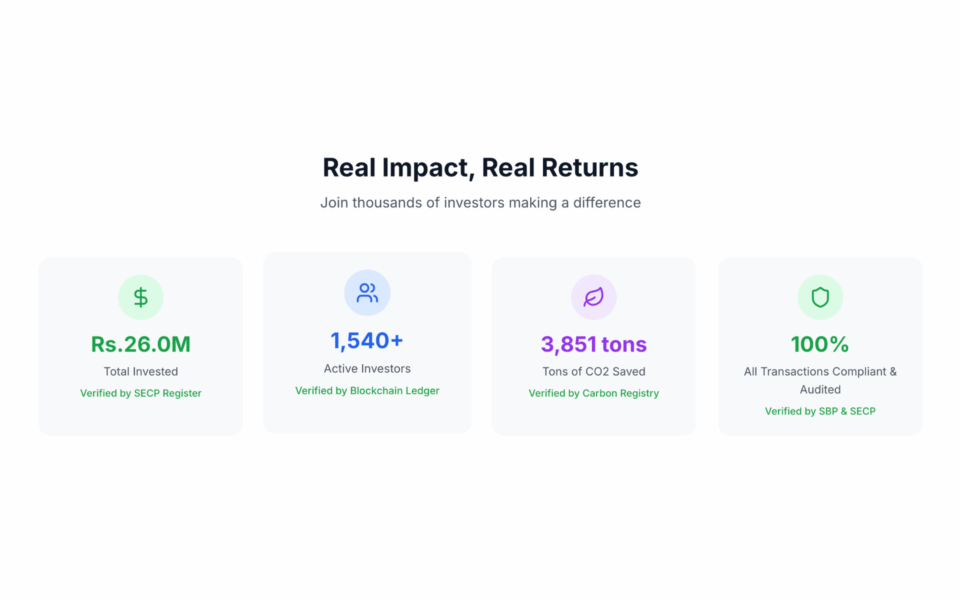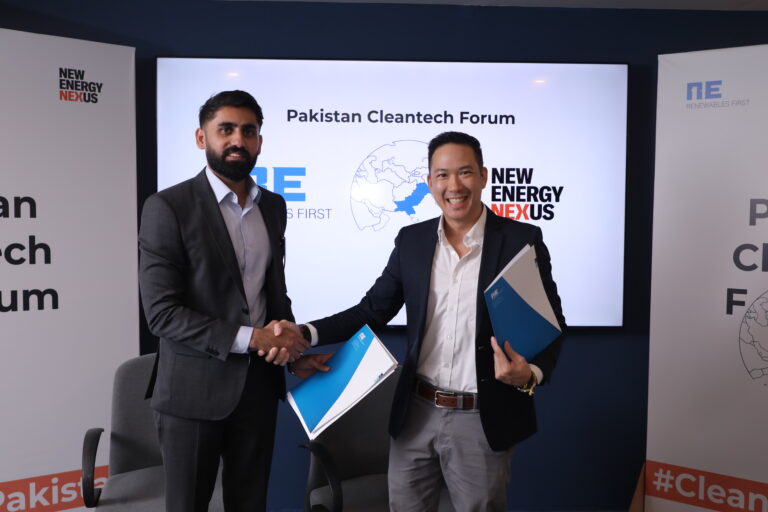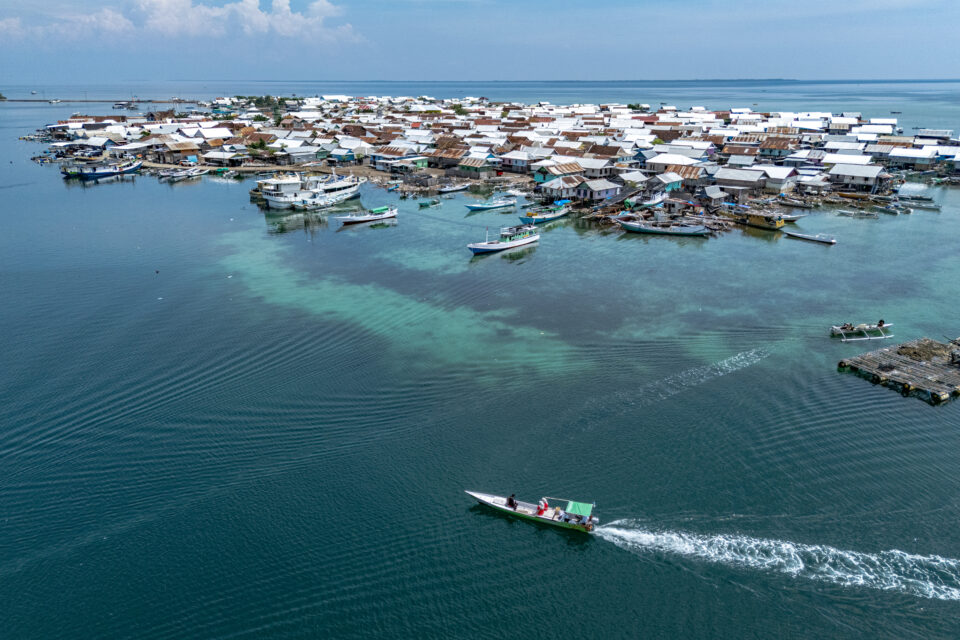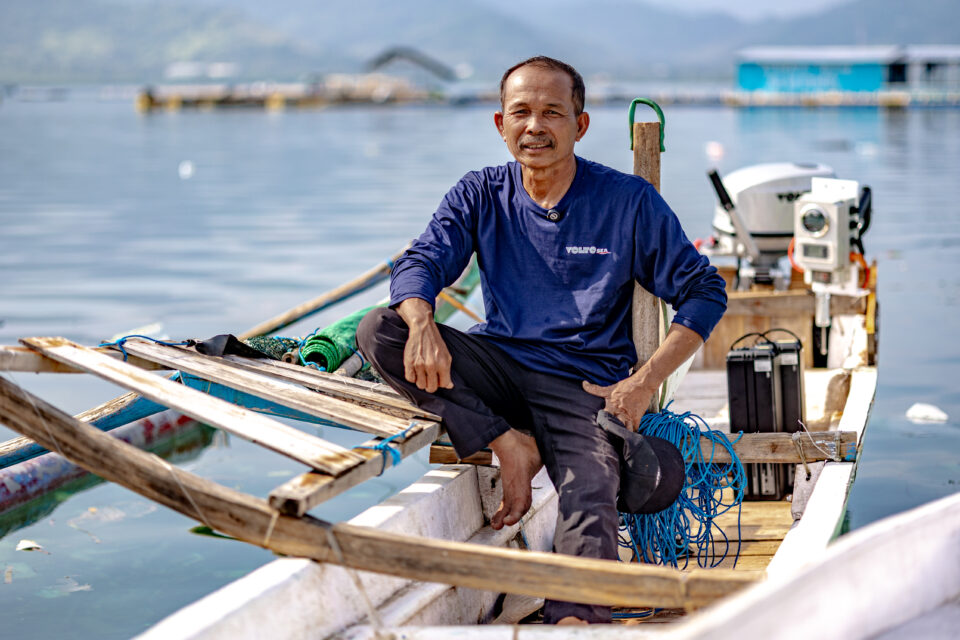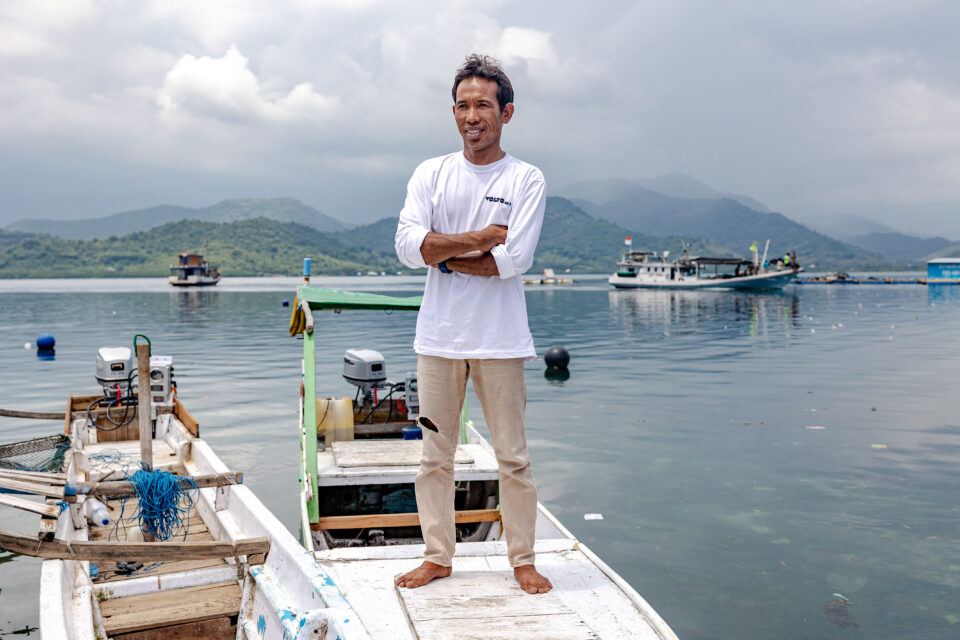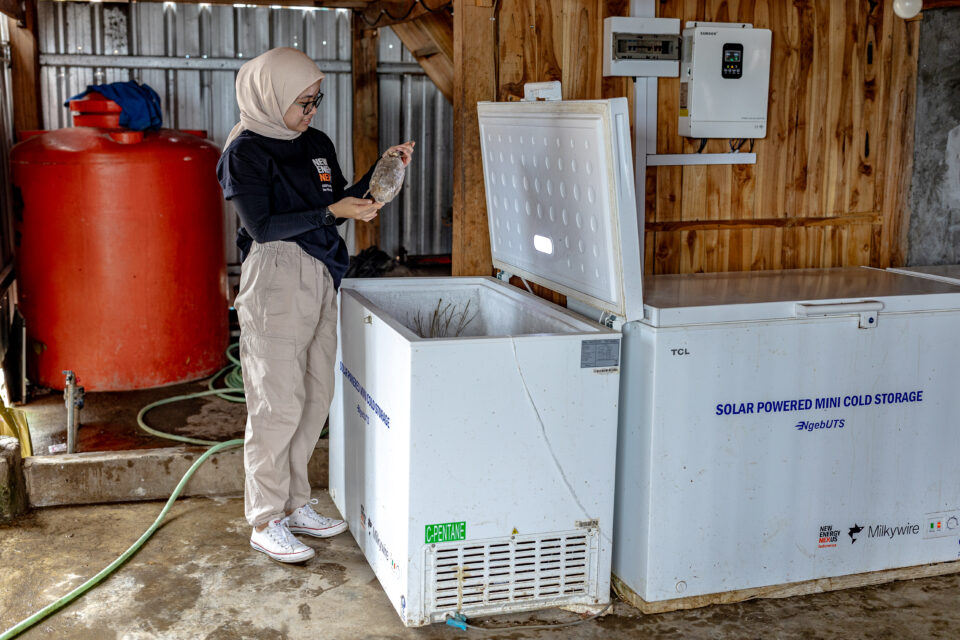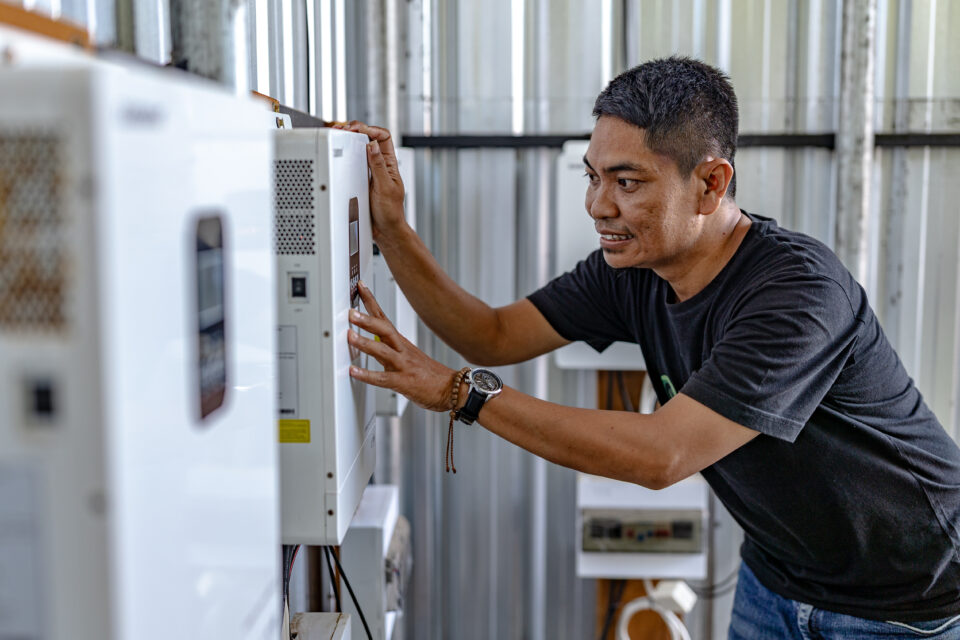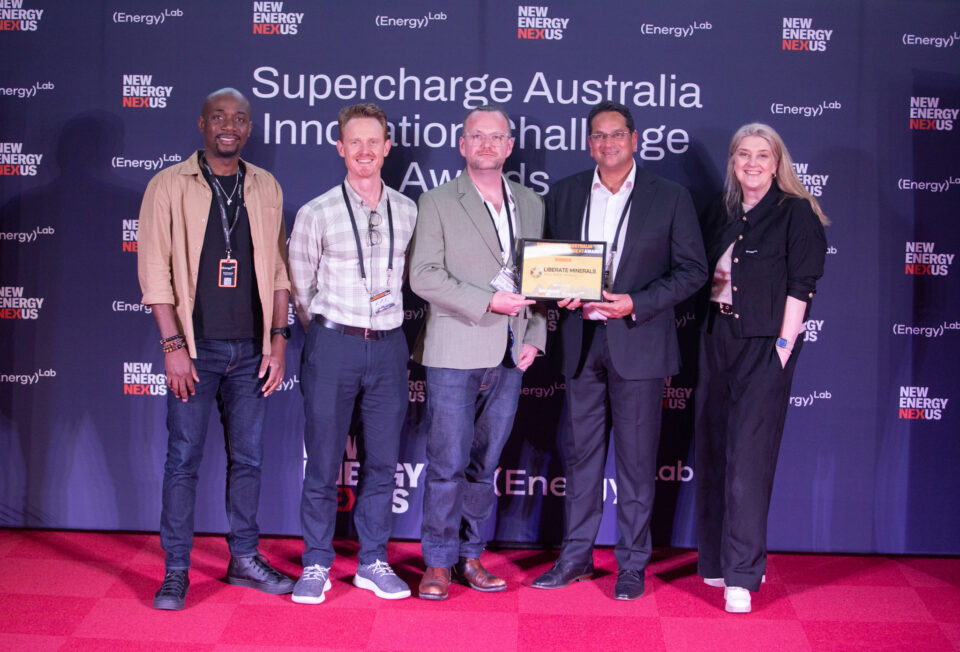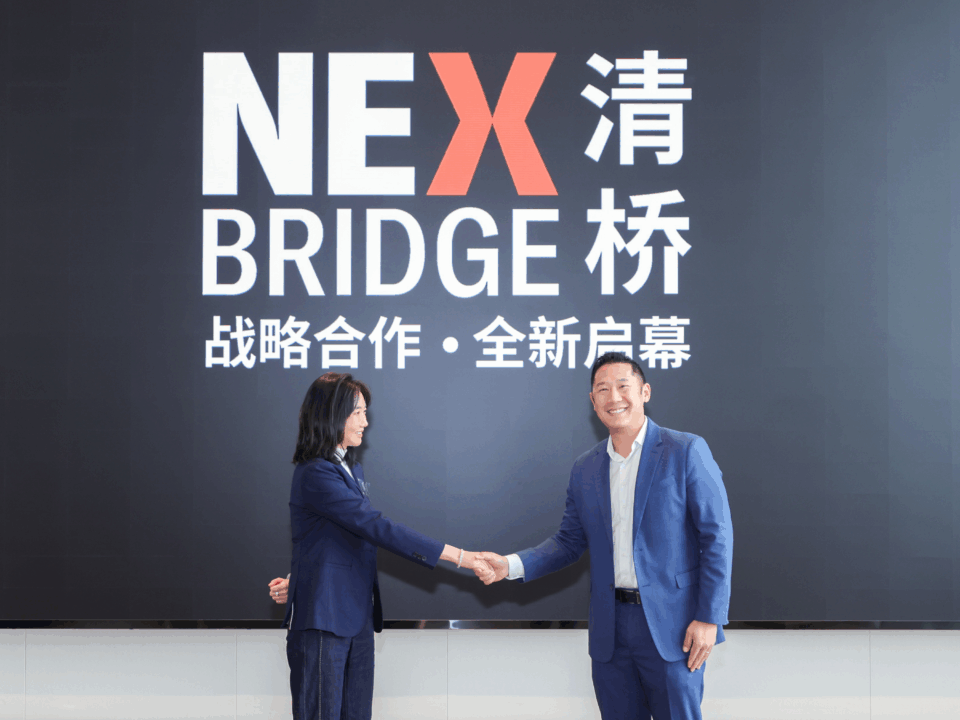
The NEX Bridge Unveiling Ceremony at Zhangjiang Science Gate, Shanghai, China.
Over two days, New Energy Nexus and the Lujiazui Group brought 100 founders, investors, suppliers, and ecosystem partners together in Shanghai to explore one practical question: how can climate solutions move faster across borders?
The challenge isn’t technology. Instead, it’s about deploying clean energy solutions fast enough around the world. To do that, we need trust, partnerships, and pathways that turn manufacturing strength into global impact.
That’s NEX Bridge’s mission: a new initiative that connects China’s clean energy suppliers and global markets. The program provides an incubator space in Zhangjiang, alongside training, events, industry exchanges, and technology demonstrations to help companies scale and reach international opportunities.
Here are five key takeaways from the launch that highlight how NEX Bridge is turning connections into action.
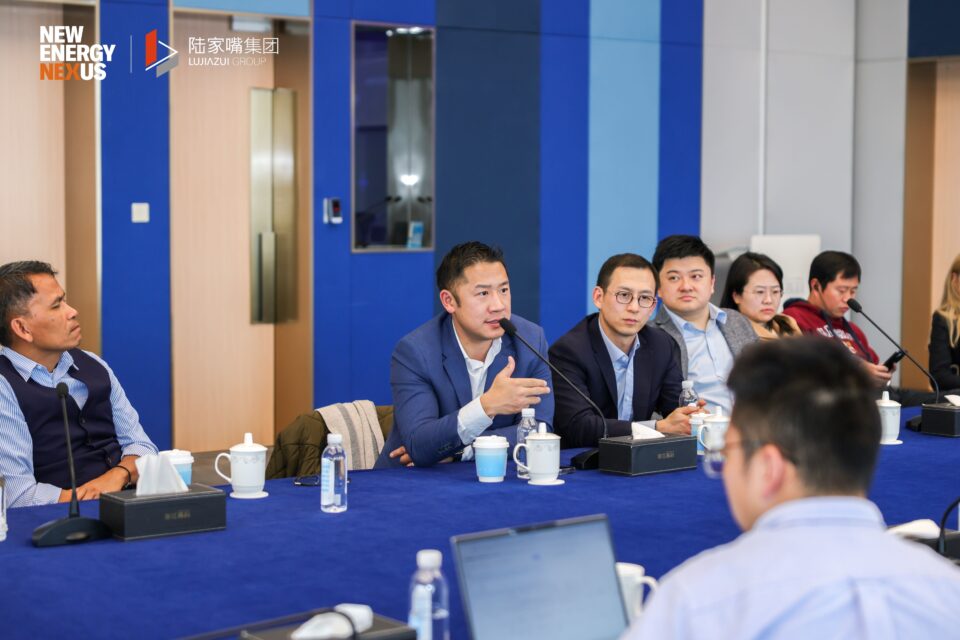
Andrew Chang, CEO of New Energy Nexus.
1. Market access is the new climate lever.
For many startups, the problem isn’t building great technology. It’s getting it out to the world. NEX Bridge positions China not just as a manufacturing hub, but as a launchpad for global expansion, while giving international founders a front-row seat to what’s possible here.
“We’re incredibly excited because this is a fantastic opportunity, not only for startups to be able to go out to the world… but also for other startups to be able to see what’s happening within the Chinese market, in this clean energy powerhouse.” — Andrew Chang, CEO, New Energy Nexus
When suppliers and startups share the same room, deals happen faster. Pilots happen sooner. Markets open.
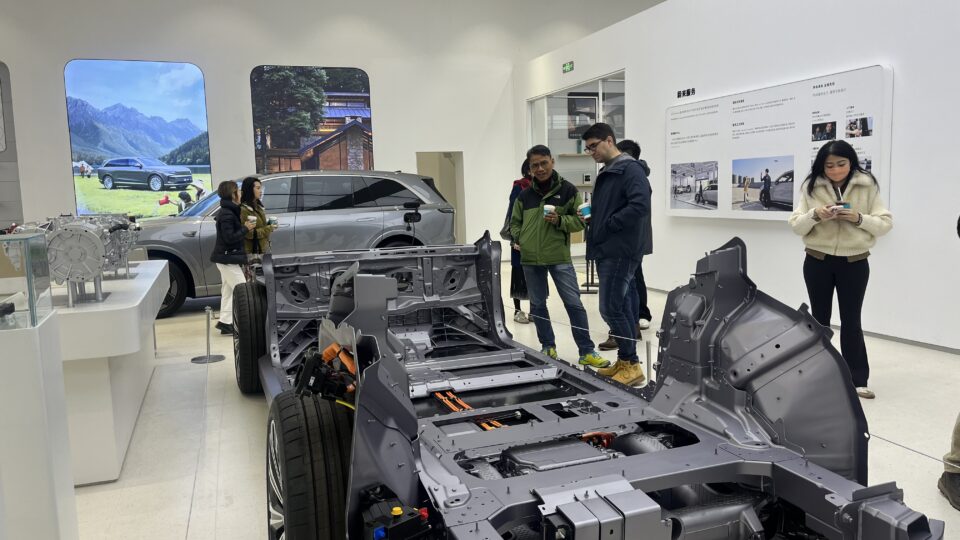
Puon Penn, CEO and Managing Partner of New Energy Nexus Ventures, and David Fishman, Principal at The Lantau Group, during the tour of the NIO House Experience Center.
2. Seeing solutions in person changes everything.
Slides and Zoom calls can only go so far. Walking factory floors, testing vehicles, and meeting founders face-to-face turns abstract ideas into tangible opportunities.
That was clear during visits to the NIO House Experience Center and the GCL Perovskite Facility, where guests saw battery swapping in action and next-generation solar manufacturing at scale.
“Seeing is really believing… having entrepreneurs meet with each other to really witness with their own eyes the solution that’s possible is key for their success.” — Puon Penn, Managing Partner, New Energy Nexus
Trust grows faster when you know how the technology works in reality.
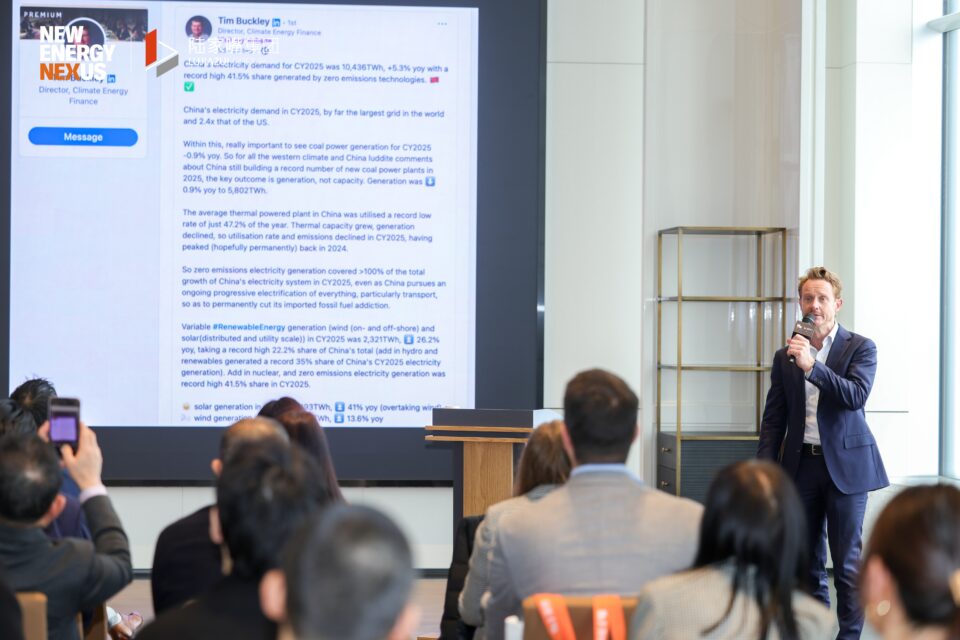
Kirk McDonald, Project Manager – Supercharge Australia at New Energy Nexus, presents during the Unveiling Ceremony.
3. China’s speed moves the rest of the world faster.
From Southeast Asia to Australia, partners shared the same reality: climate impacts are accelerating, and deployment must match that urgency.
China’s production capacity offers a rare advantage. The challenge now is moving solutions across borders quickly and responsibly.
“China has a huge advantage in the production capacity of renewable energy technologies. The world desperately needs them… and we need to get more of them out of the country as quickly as possible.” — Kirk McDonald, Project Director, Supercharge Australia
Bridging supply with demand isn’t just good business. It’s a climate necessity.
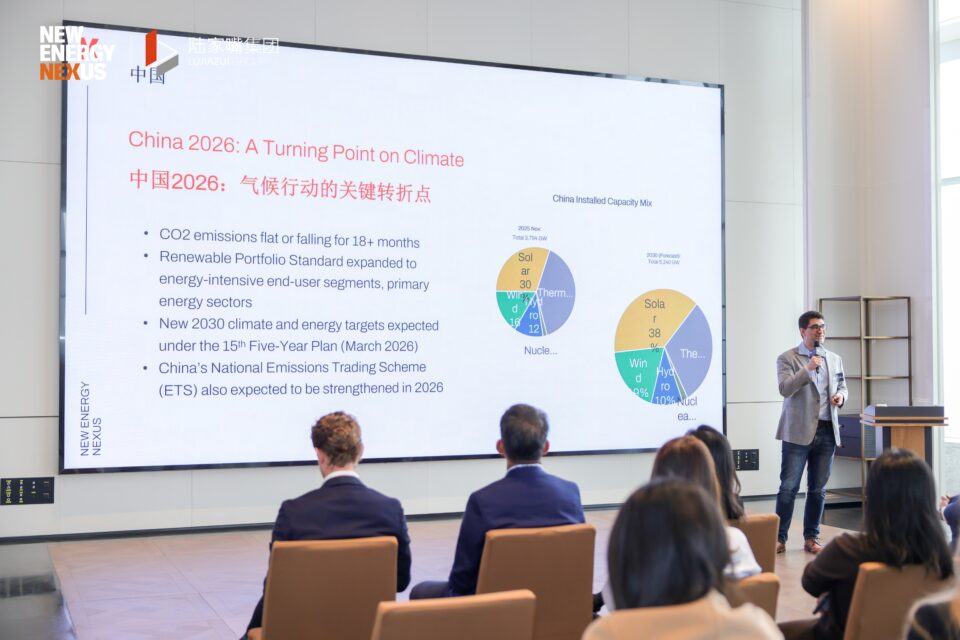
David Fishman, Principal of The Lantau Group, presents at the Unveiling Ceremony.
4. The next wave of innovation is about flexibility.
As grids add more renewables, the opportunities shift. It’s not only about generating clean power, but storing it, moving it, and using it smarter.
Entrepreneurs working on storage, demand response, and intelligent energy management will play an outsized role in what comes next.
“Anything that contributes to flexibility should continue to be an extremely important and hot area for innovation.” — David Fishman, Principal, The Lantau Group
In other words, the future grid needs as much brains as hardware.
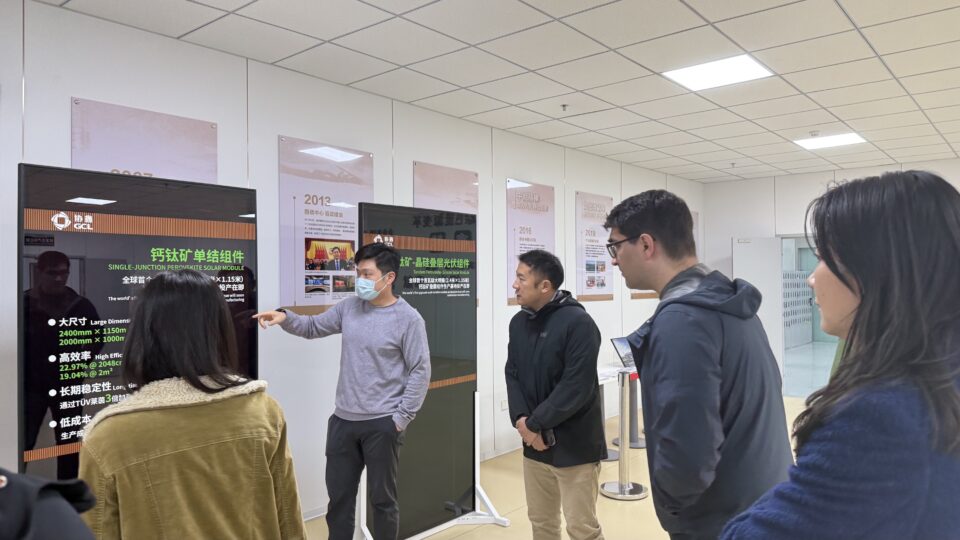
Tour of the GCL Perovskite Facility.
5. Ecosystems beat isolated wins.
No single company can solve climate change alone. What works is a system: incubators, capital, partners, policymakers, and entrepreneurs moving together.
NEX Bridge is designed as that connective tissue, combining workspace, demonstrations, training, and dealmaking under one roof in Zhangjiang.
“One of the most exciting things about Nex Bridge is that we’re bringing a holistic platform together… an incubator space, a demonstration area, expo… workshops and trainings to support clean energy suppliers in China to be able to go to global markets.” — Andrew Chang, CEO, New Energy Nexus
It’s not just a place to meet. It’s a place to move from idea to deployment.
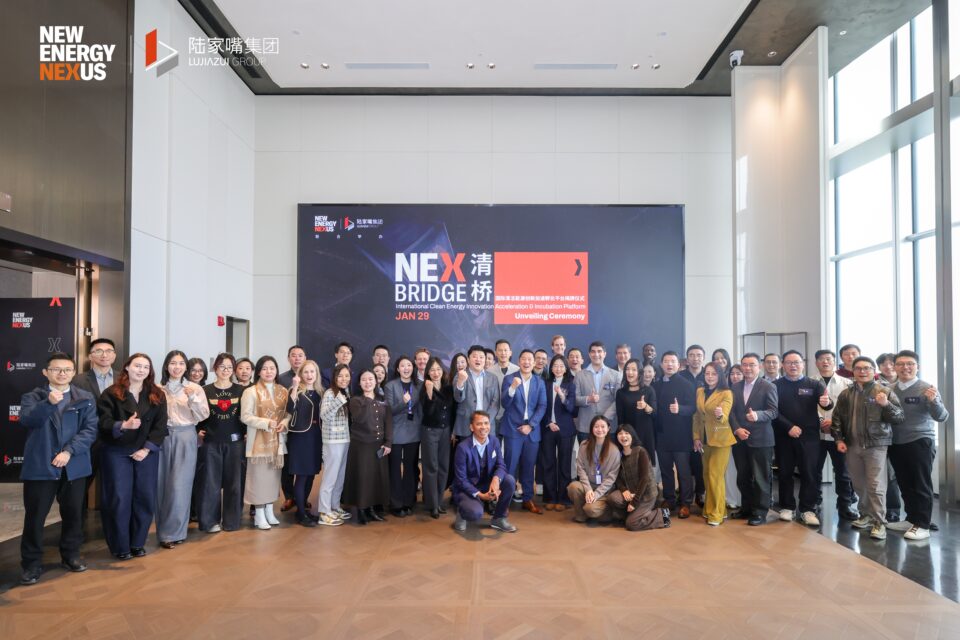
The NEX Bridge Unveiling Ceremony at Zhangjiang Science Gate, Shanghai, China.
From Shanghai to the world
Clean energy isn’t only about building hardware and generating megawatts. It’s about trusting partners across borders and collaborating to make the clean energy shift happen—the fastest way possible.
At New Energy Nexus, this is how we work everywhere we operate: building ecosystems that help entrepreneurs scale across borders. In China and across 13 more countries, we connect founders with the training, capital, partners, and markets they need to grow.
Want to break down walls and build bridges with us? Take the next big step for your clean energy or climate startup: Check out programs and opportunities from our global network here.
